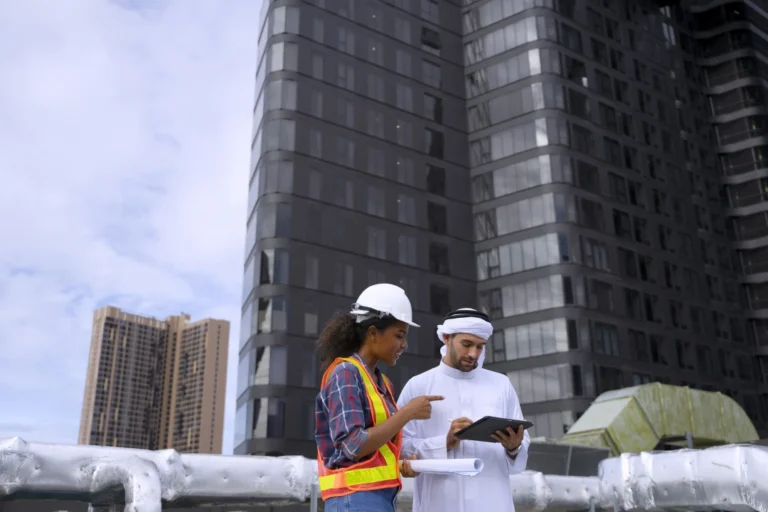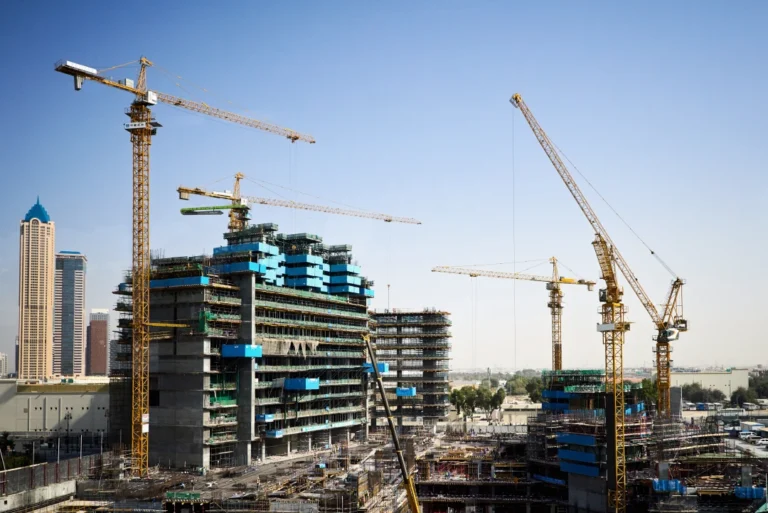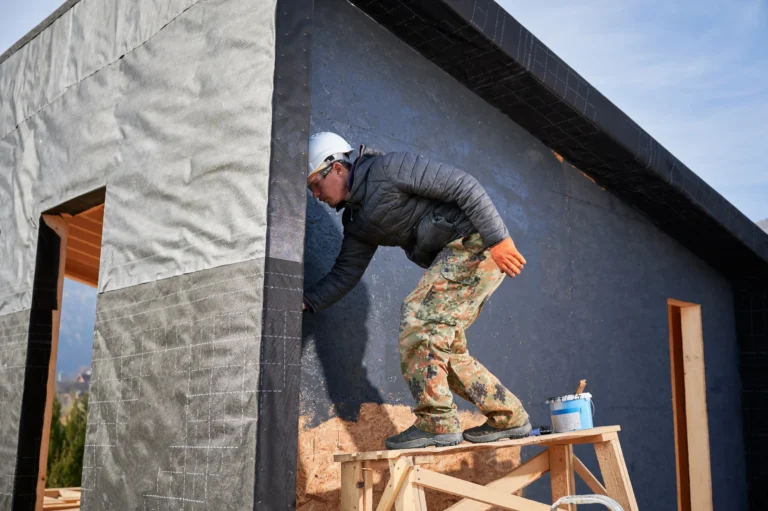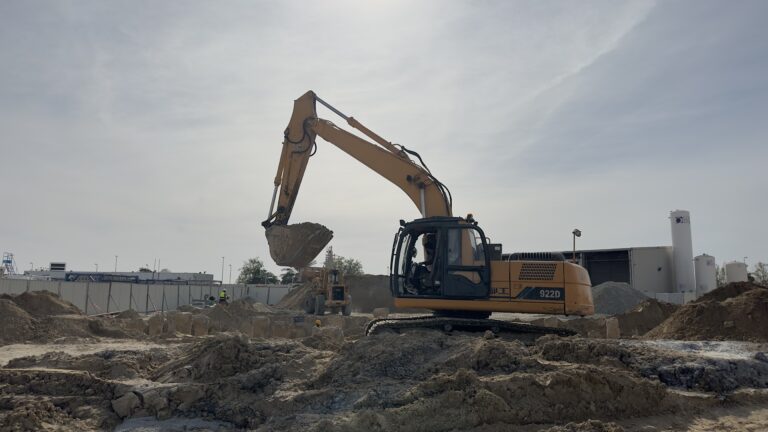Introduction

The Engineering, Procurement, and Construction (EPC) sector in the Gulf and UAE is a thriving industry, known for its ambitious projects and rapid growth. Effective project management in this sector is crucial to ensuring that large-scale projects are completed on time, within budget, and to the highest standards of quality. With the unique challenges and opportunities present in the Gulf region, adopting best practices in project management can significantly enhance the success of EPC projects. In this blog, we explore the key strategies and best practices that EPC contractors in the Gulf and UAE should implement to achieve project excellence.
Understanding the EPC Landscape in the Gulf and UAE

The EPC industry in the Gulf and UAE is marked by high-stakes projects, often in the oil and gas, infrastructure, and energy sectors. These projects require meticulous planning, coordination, and execution to meet the specific requirements of clients and comply with regional regulations. The region’s emphasis on mega-projects, such as the construction of smart cities and sustainable energy facilities, adds layers of complexity that necessitate robust project management practices.
Key Project Management Best Practices in EPC

- Comprehensive Project Planning
In the Gulf and UAE, where projects can be vast and multifaceted, thorough project planning is the foundation of success. This involves:
- Defining Clear Objectives: Establishing clear project goals, timelines, and deliverables from the outset helps ensure that all stakeholders are aligned and working towards the same objectives.
- Scope Management: Clearly defining the project scope and managing scope changes efficiently are essential to avoid project delays and cost overruns.
- Resource Allocation: Efficient allocation of resources, including materials, labor, and equipment, is crucial. This includes planning for contingencies to address potential supply chain disruptions common in the region.
- Risk Management and Mitigation
Risk management is a critical component of EPC project management, especially in the Gulf, where projects may face unique risks such as geopolitical tensions, extreme weather conditions, and fluctuating material costs.
- Risk Assessment: Conducting a thorough risk assessment at the planning stage helps identify potential risks early on. This includes analyzing project-specific risks as well as external factors such as regulatory changes and market volatility.
- Mitigation Strategies: Developing and implementing mitigation strategies for identified risks ensures that the project can continue smoothly even if unexpected issues arise.
- Regular Monitoring: Ongoing risk monitoring throughout the project lifecycle allows for timely adjustments to risk management strategies, minimizing the impact of any unforeseen events.
- Adherence to Regional Regulations and Standards
Compliance with local regulations and standards is non-negotiable in the Gulf and UAE’s EPC sector. This includes:
- Understanding Regulatory Requirements: EPC contractors must be well-versed in regional regulatory frameworks, including environmental regulations, safety standards, and labor laws. This knowledge is crucial for ensuring compliance and avoiding legal complications.
- Sustainability Standards: With the UAE’s Vision 2021 and Saudi Arabia’s Vision 2030 emphasizing sustainability, adhering to green building standards and sustainable practices is increasingly important. This includes obtaining certifications like LEED (Leadership in Energy and Environmental Design) or Estidama, Abu Dhabi’s green building rating system.
- Effective Communication and Collaboration
Large EPC projects involve multiple stakeholders, including clients, subcontractors, suppliers, and government entities. Effective communication and collaboration are key to managing these relationships and ensuring project success.
- Stakeholder Engagement: Regular communication with all stakeholders helps maintain alignment on project goals, progress, and any changes that may arise. This includes regular meetings, progress reports, and transparent communication channels.
- Collaborative Tools: Utilizing collaborative project management tools, such as cloud-based platforms, can facilitate real-time communication and document sharing, reducing the risk of misunderstandings and delays.
- Leveraging Technology for Project Management
The Gulf and UAE are at the forefront of adopting advanced technologies in construction. EPC contractors can enhance project management by integrating technologies such as:
- Building Information Modeling (BIM): BIM enables the creation of detailed 3D models that integrate various aspects of the project, improving accuracy, reducing errors, and enhancing coordination among teams.
- Project Management Software: Utilizing software like Primavera P6 or Microsoft Project allows for better scheduling, resource management, and tracking of project milestones, ensuring that the project stays on course.
- Drones and IoT: Drones can be used for site surveys and progress monitoring, while IoT devices provide real-time data on equipment performance, material usage, and site conditions, allowing for proactive management.

Conclusion
Effective project management is the cornerstone of success in the Gulf and UAE’s EPC sector. By adopting best practices such as comprehensive planning, robust risk management, regulatory compliance, effective communication, and leveraging technology, EPC contractors can ensure the successful delivery of projects that meet the region’s high standards and ambitious goals. As the industry continues to evolve, staying ahead of the curve with innovative project management strategies will be key to maintaining competitiveness and achieving long-term success.






